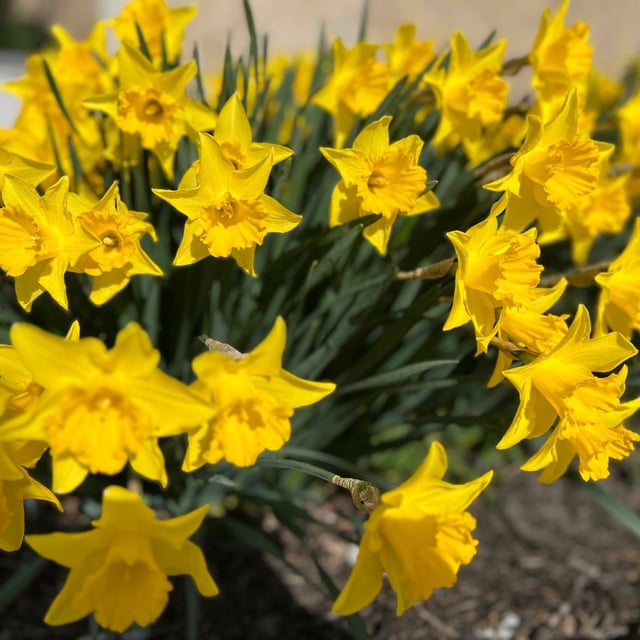Overview
- Seasonal allergies, often triggered by wind-pollinated plants, are caused by airborne pollen rather than hay.
- High-pollen trees like birch, oak, and walnut, as well as certain grasses and weeds, are major contributors to allergy symptoms.
- Low-pollen alternatives include female trees, sterile male Bermuda grass, and flowers like tulips, zinnias, and irises.
- Plants with double flowers or heavier, non-airborne pollen are less likely to provoke allergic reactions.
- Behavioral measures such as keeping windows closed and delegating lawn mowing can significantly reduce allergy symptoms.
